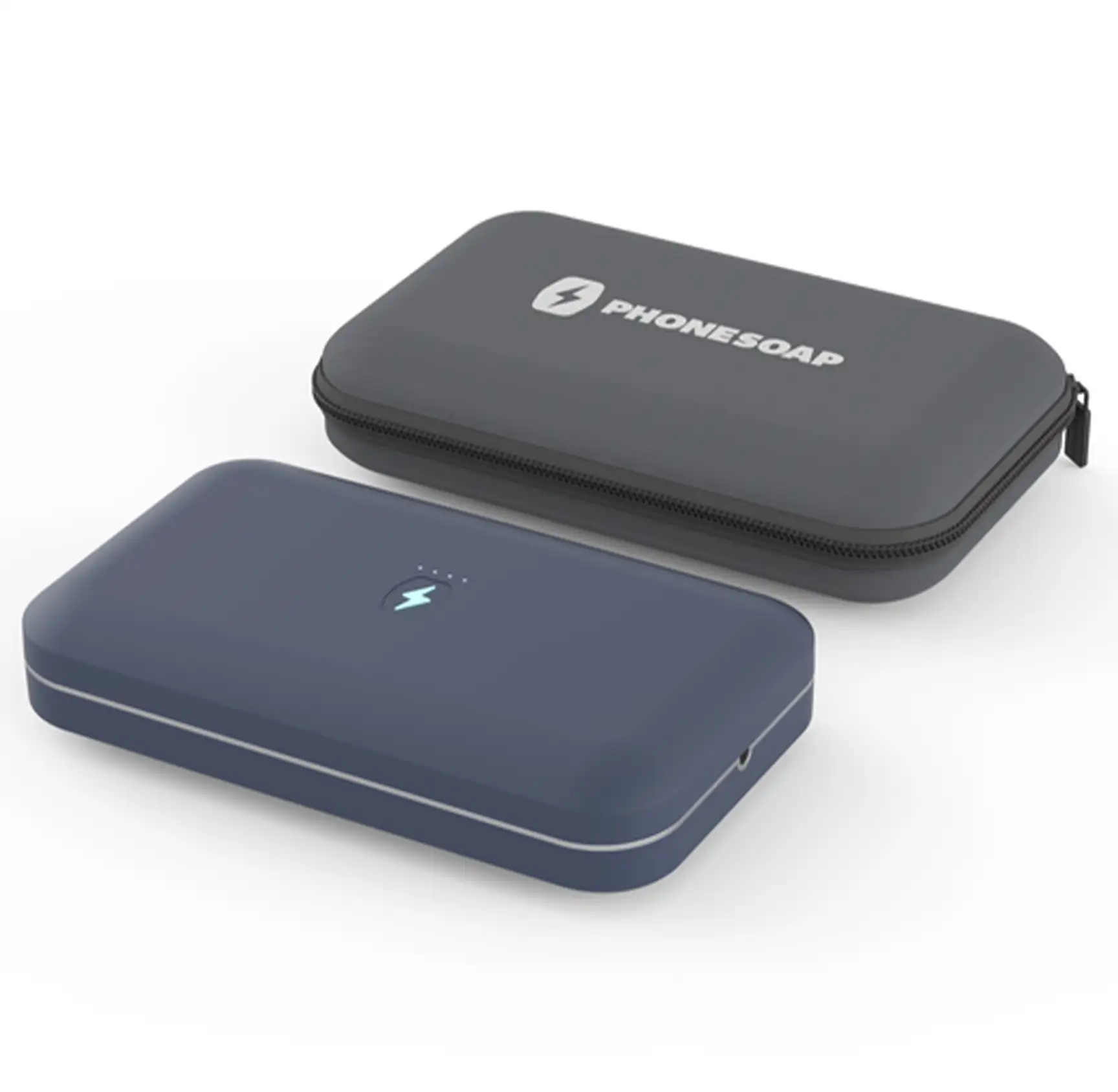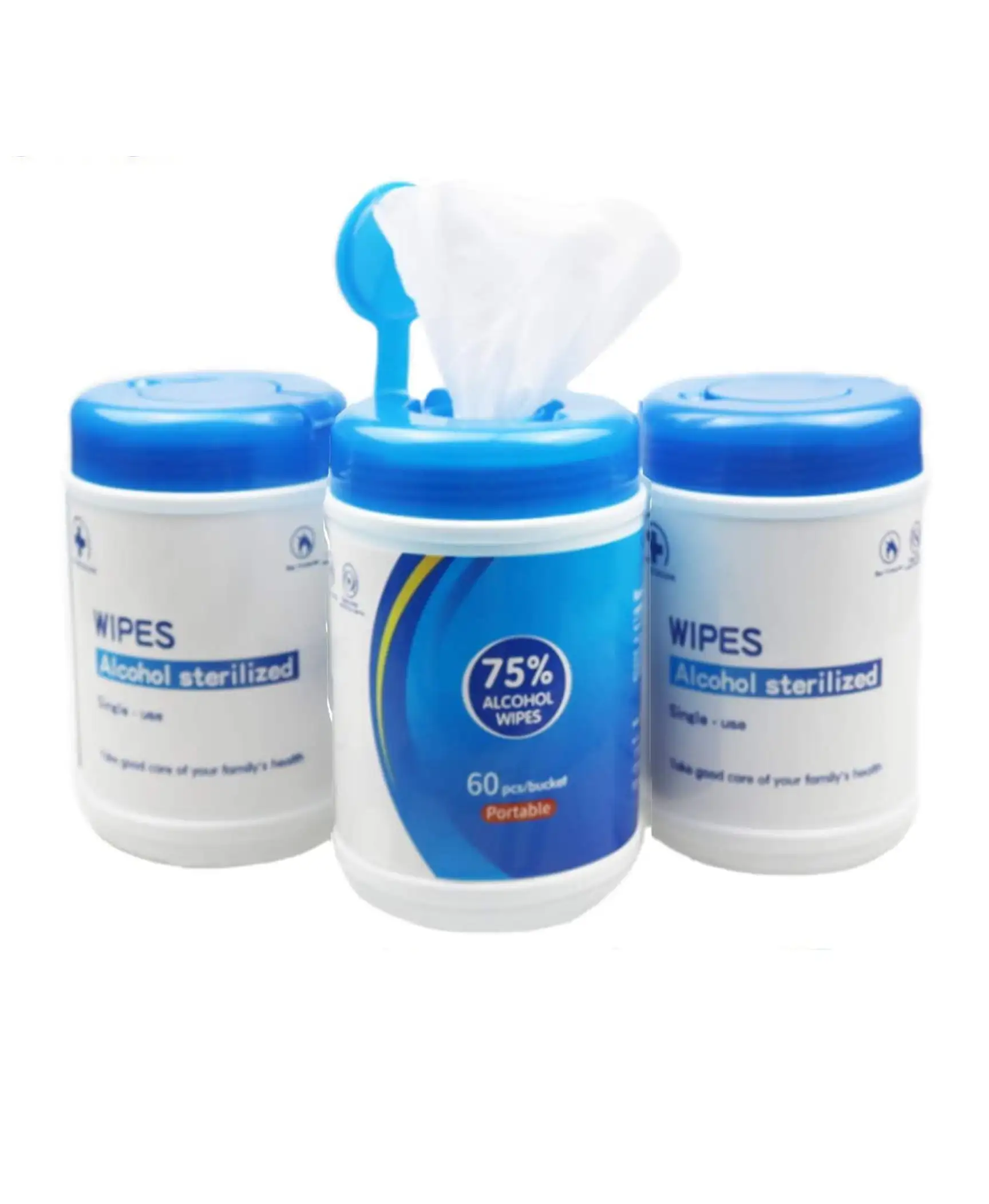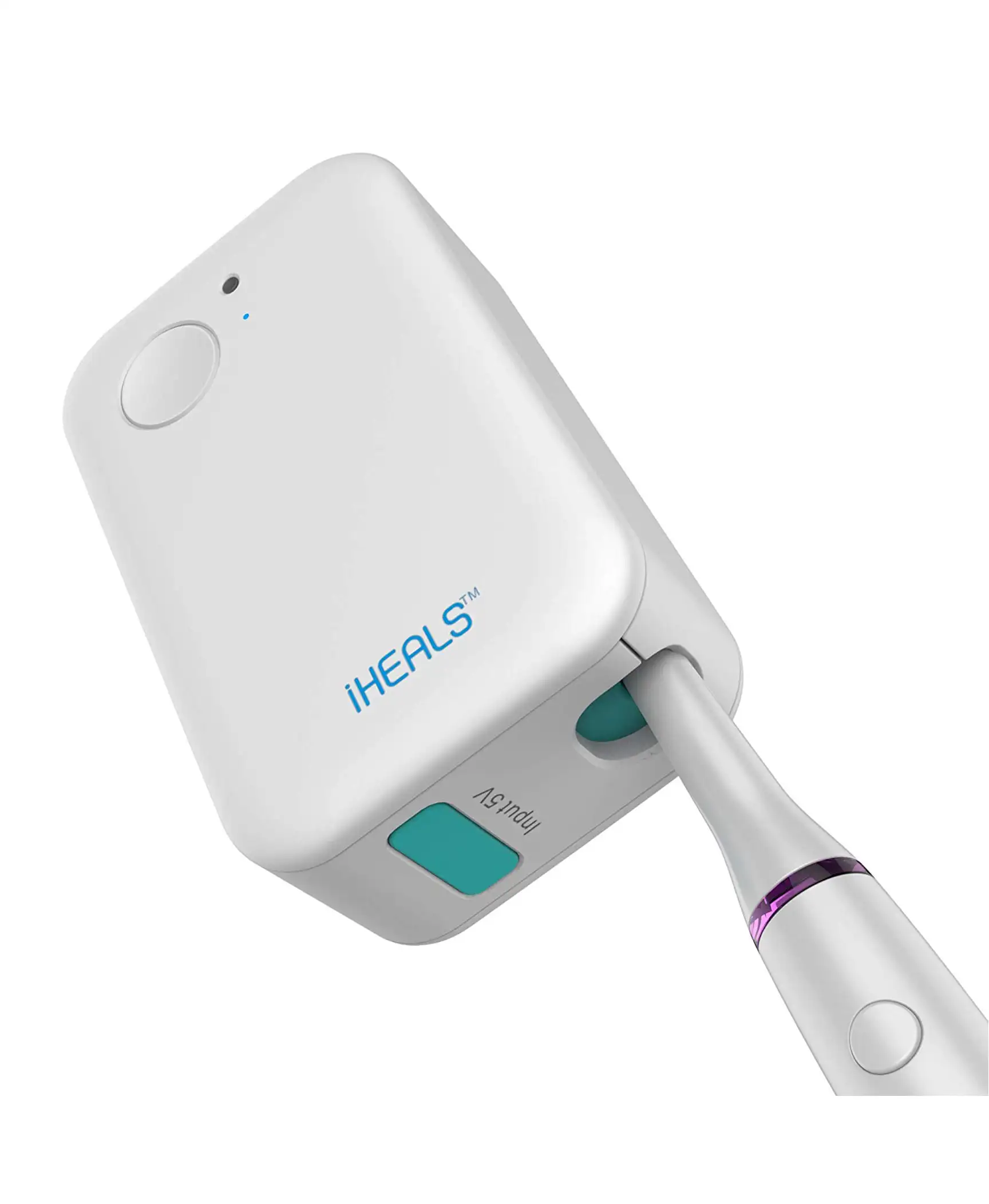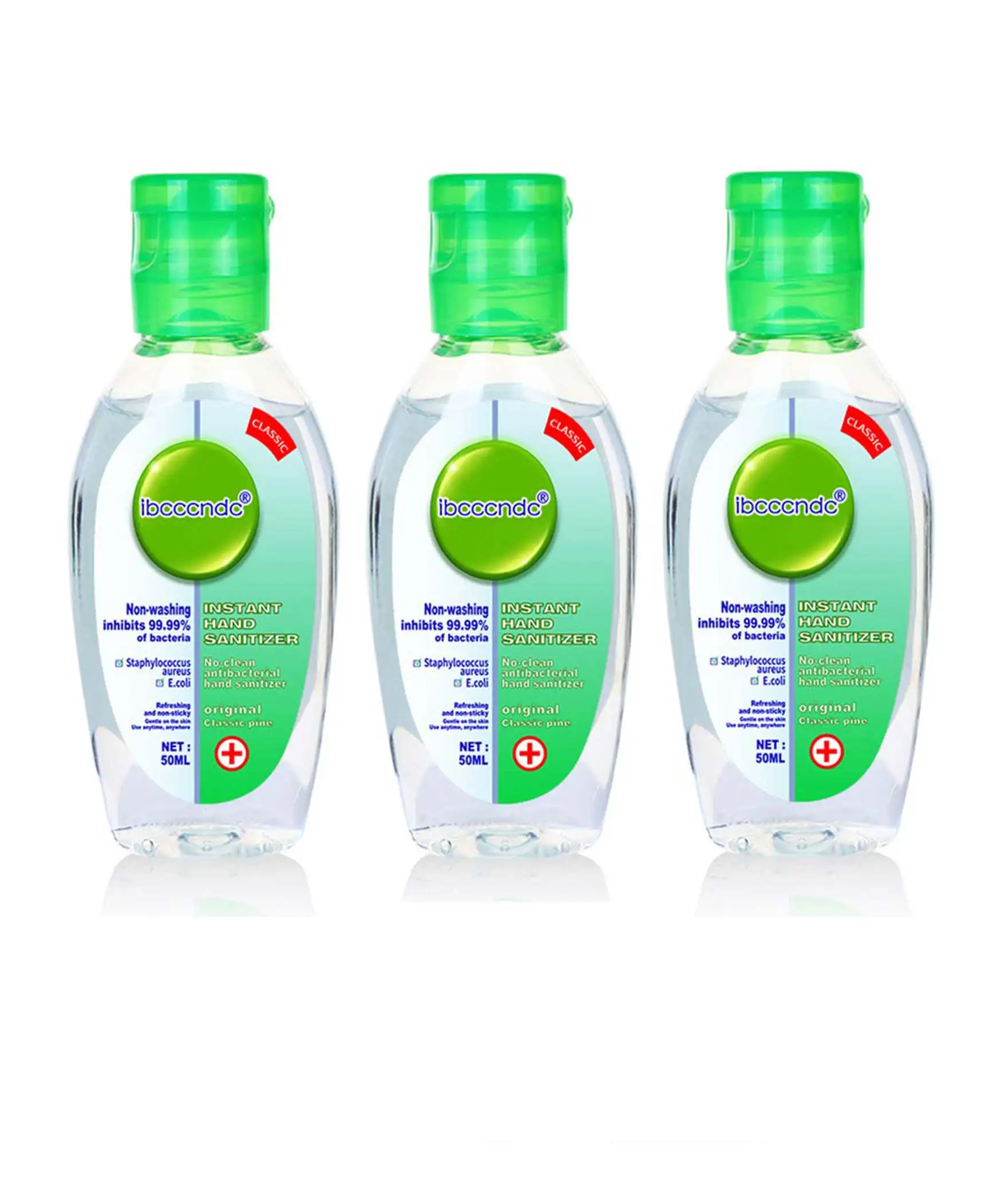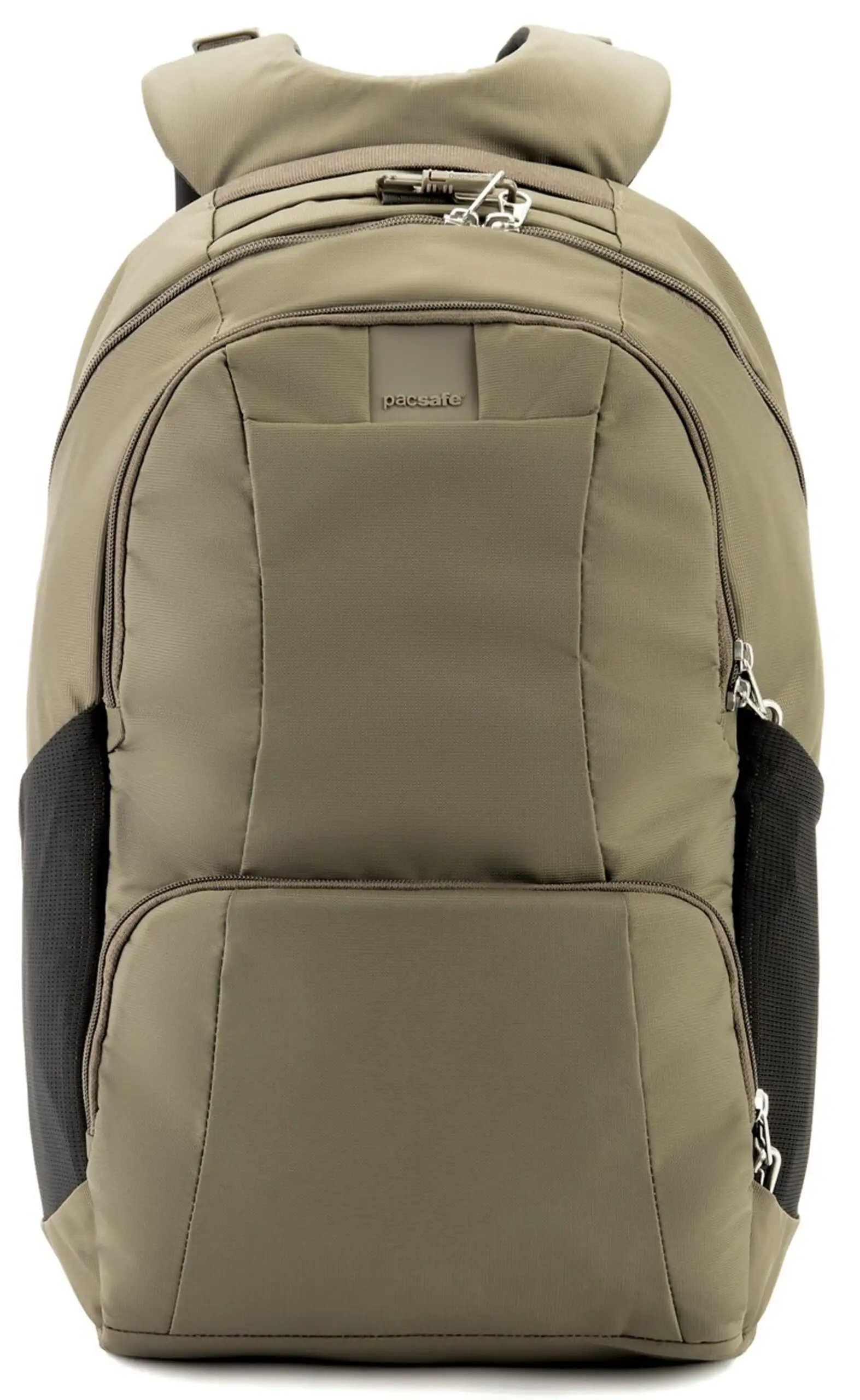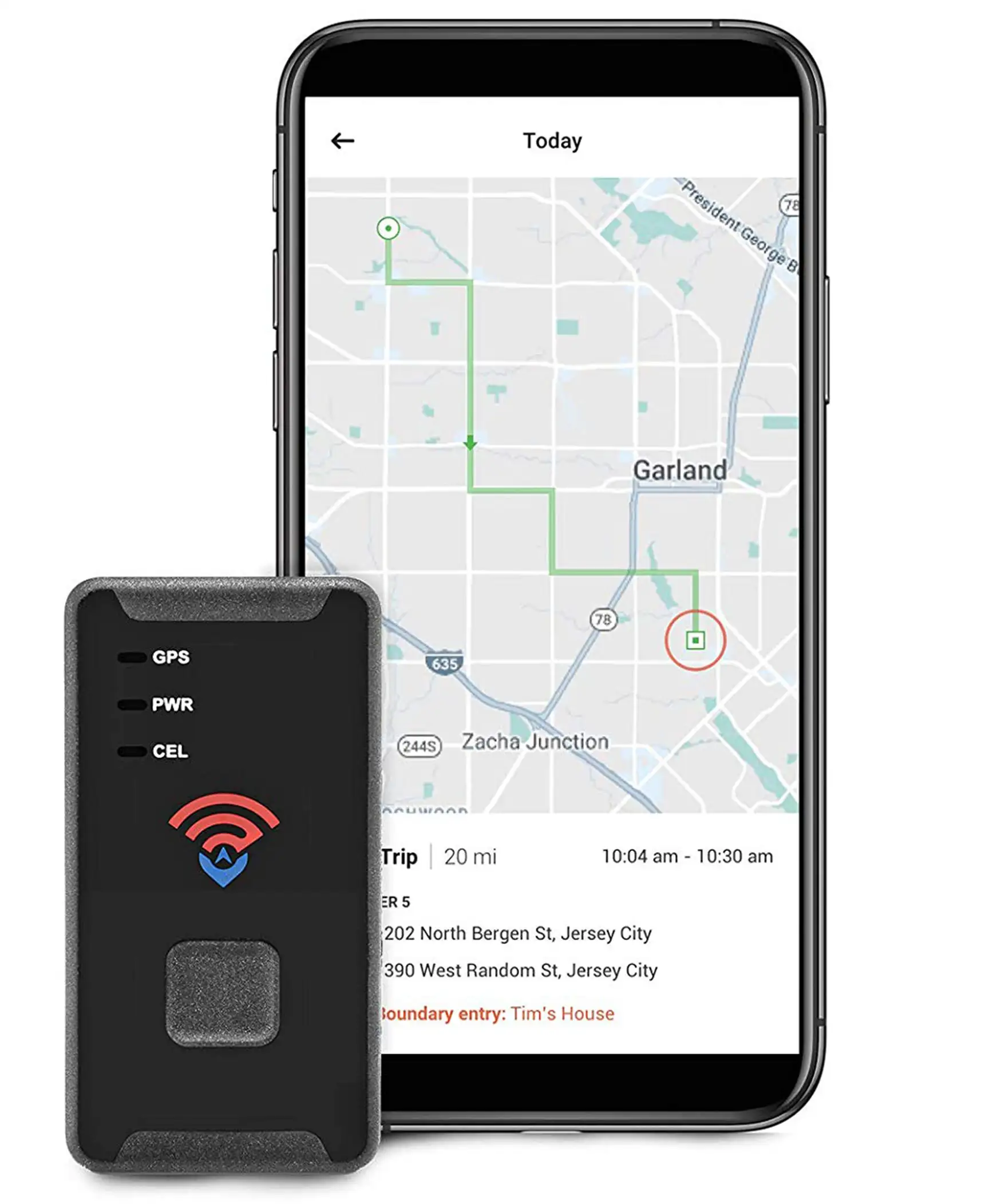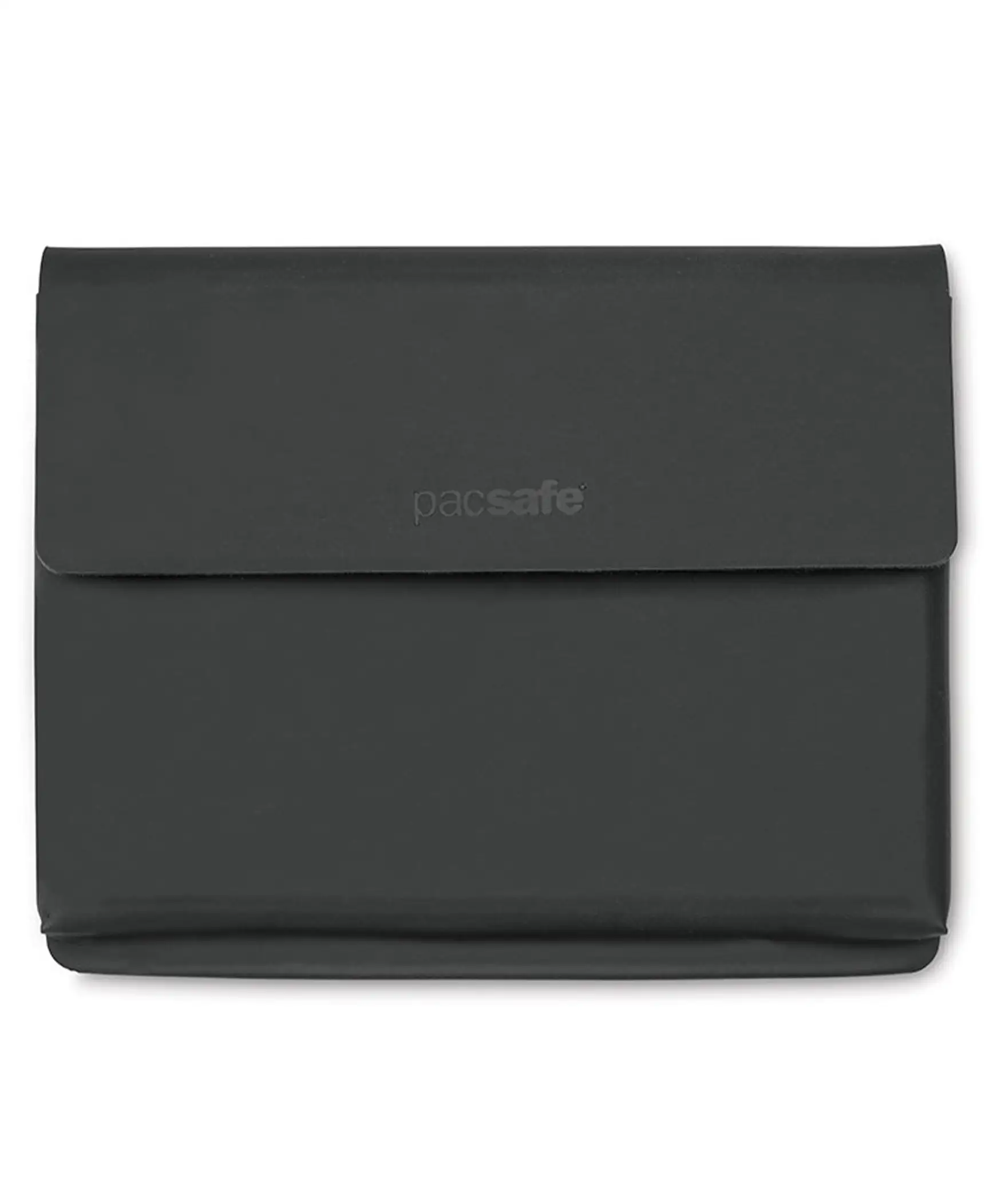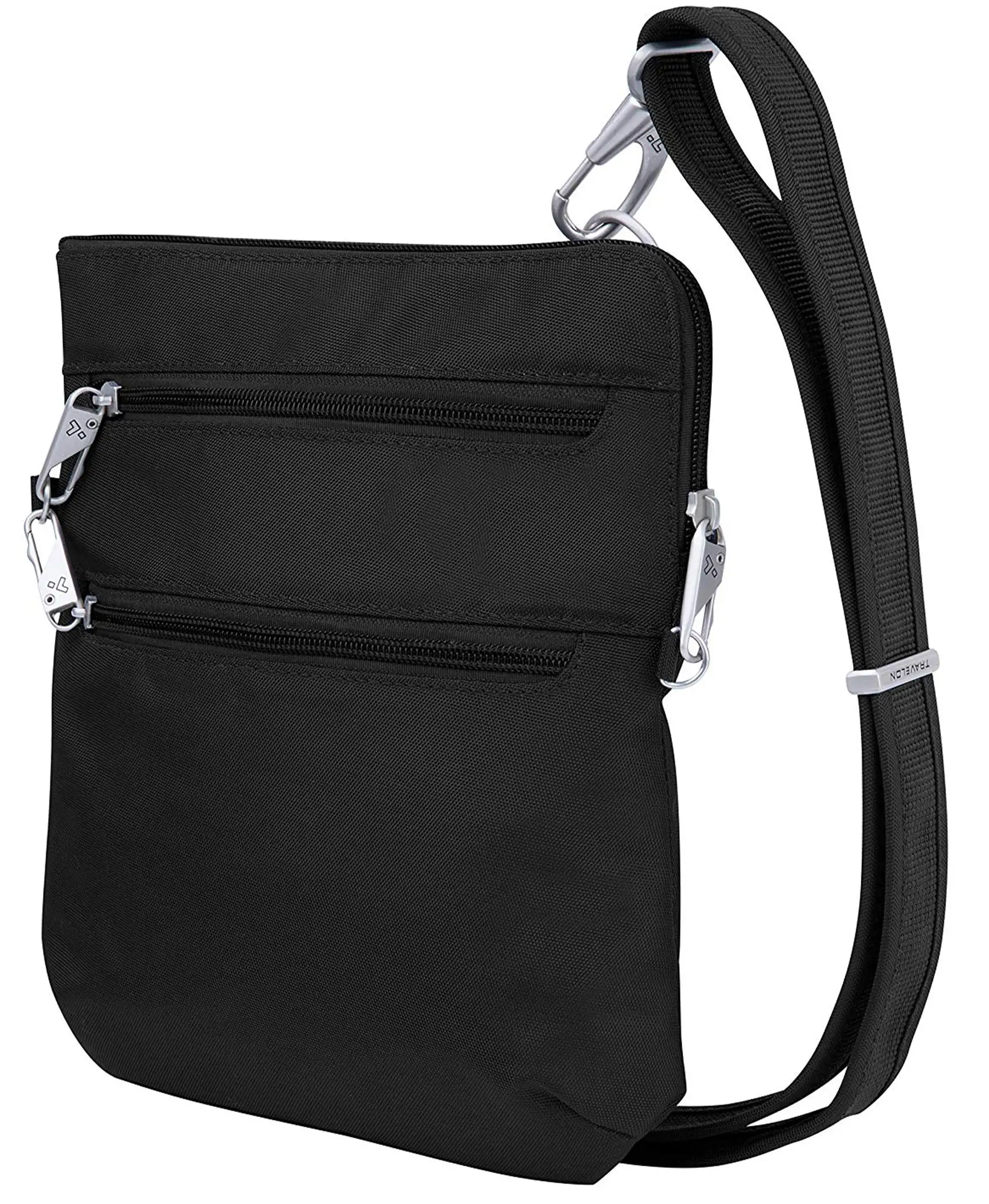It’s gotten a lot of attention during the COVID-19 pandemic, but the same vital advice applies to other illnesses such as colds and flu viruses: If you want to stay healthy, don’t touch your face.
Sounds easy, but for most of us, touching our face is so habitual that we don’t even realize we’re doing it. A 2015 study found that people touch their faces 23 times per hour, on average, and 44 percent of those touches were to the mouth, nose, eyes, or a combination thereof.
That matters because COVID-19 and many other illnesses can enter the body through contact with mucous membranes such as your eyes, nose, and mouth. If you touch a common public surface such as a door handle or ATM machine touchpad that’s been infected with germs, you could easily transmit an illness to yourself by touching your face with an unwashed hand.
How to Stop Touching Your Face
Heightened awareness is the first step in trying to change deeply engrained habits like touching your face. Make an effort to pay attention to how often you reach up to bite your nails or put your chin in your hand (it’s likely more than you think). This will help you cut down on the behavior and identify your triggers.
If you’re on your computer, you can use the site DoNotTouchYourFace.com to set up a webcam that will alert you if you touch your face. (Alas, it doesn’t work on mobile phones.)
CNN reports that touching your face is often tied to stress. If that’s the case for you, consider substituting some other action such as squeezing a stress ball or tapping your fingers on your thigh.
Good Housekeeping says you can try to trick yourself into a “competing behavior” such as touching your arm instead of your face, and notes that wearing glasses instead of contact lenses can help lessen the urge to rub your eyes. Got an itch or a runny nose? Use a tissue to touch your face instead of your bare hand—and wash your hands first.
Our Top Products for Staying Safe and Healthy while Traveling:
Other Ways to Prevent Disease
The CDC offers the following tips for protecting yourself against disease:
- Wash your hands often using soap and water for at least 20 seconds.
- If hand washing isn’t an option, use a hand sanitizer with at least 60 percent alcohol.
- Avoid close contact with others.
If you do feel ill, protect others by staying home, covering coughs and sneezes, wearing a facemask (this is not necessary if you’re not ill yourself unless you’re caring for someone who is sick and isn’t able to wear a mask), and cleaning infected surfaces frequently.
More from SmarterTravel:
- The 10 Germiest Places You Encounter While Traveling
- Avoid Getting Sick on the Plane By Choosing This Seat
- Hand Sanitizer vs. Hand Washing: Which Is More Effective on the Plane?
Follow Sarah Schlichter on Twitter @TravelEditor for more travel tips and inspiration.
We hand-pick everything we recommend and select items through testing and reviews. Some products are sent to us free of charge with no incentive to offer a favorable review. We offer our unbiased opinions and do not accept compensation to review products. All items are in stock and prices are accurate at the time of publication. If you buy something through our links, we may earn a commission.
Related
Top Fares From Columbus, OH
Today's Top Travel Deals
Brought to you by ShermansTravel
Shop and Save with Country Inns...
Patricia Magaña
 Hotel & Lodging Deals
Hotel & Lodging Deals
$229 -- Chicago: Discounted Rates and...
Francesca Miele
 Hotel & Lodging Deals
$229+
Hotel & Lodging Deals
$229+
$188 -- Honolulu: Save on Oceanview...
Abigail Lamay
 Hotel & Lodging Deals
$188+
Hotel & Lodging Deals
$188+

